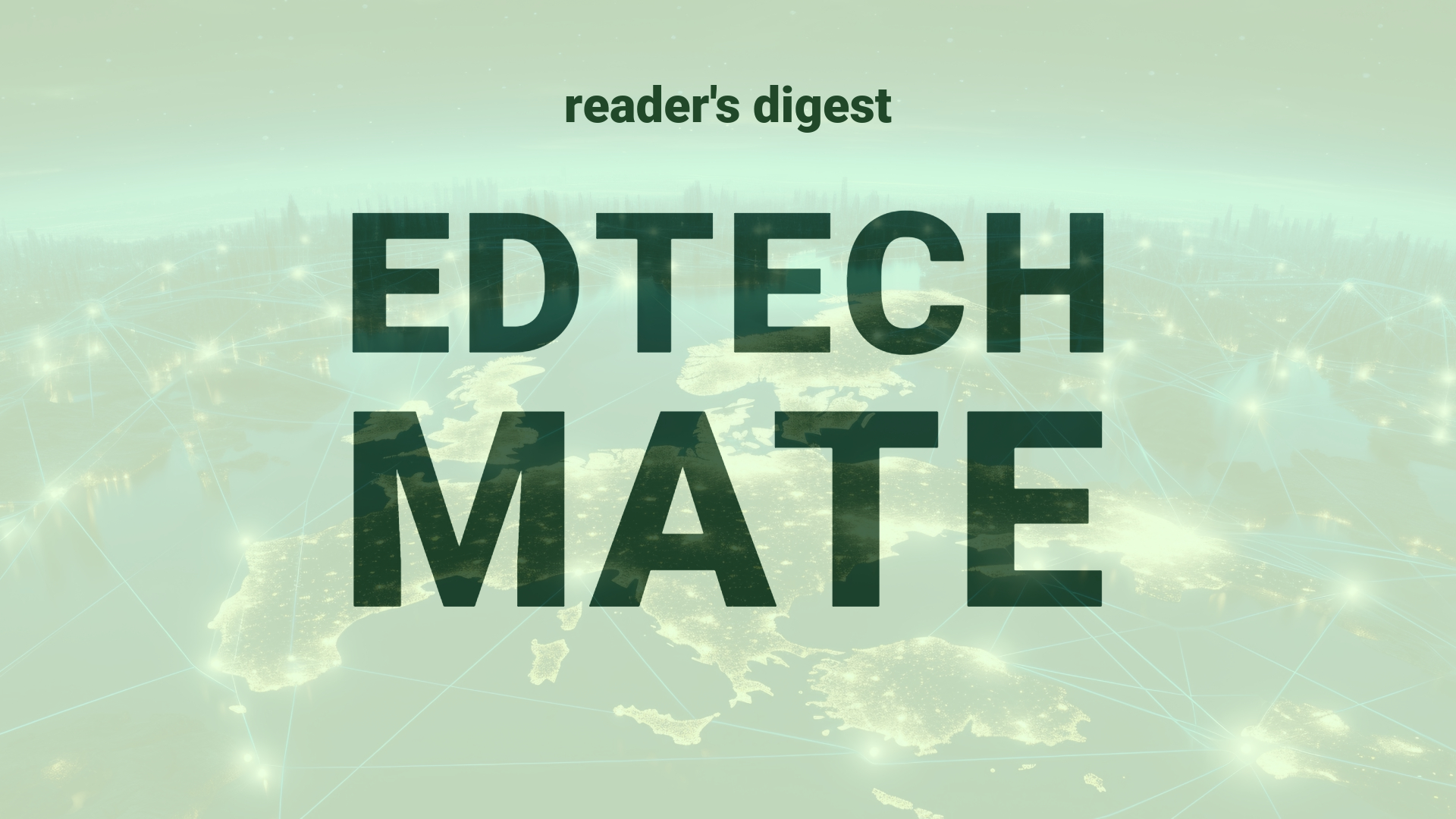Executive Summary and Main Points
The content discusses the complexities of declining a workplace promotion and strategies to navigate the decision-making process and communication. Key innovations in this context involve personal career mapping and strategic negotiation, reflecting sector-specific trends in employee empowerment and non-linear career trajectories. Highlights include the importance of understanding personal reluctance, the necessity of prompt and empathetic communication, and the potential for compromise through boundary-setting or proposing new, alternative roles.
Potential Impact in the Education Sector
Developments outlined may impact Further Education, Higher Education, and Micro-credential spheres by emphasizing personalized career pathways over traditional advancement ladders. This could reinforce academic institutions’ drive toward flexible, student-centered learning models and faculty roles. The nuances in declining promotions reflect a wider shift in strategic partnerships and digitalization, where career choices align with personal and professional objectives, potentially altering institutional hierarchies and conventional academic progression.
Potential Applicability in the Education Sector
AI and digital tools can be leveraged to shape career development resources, such as virtual mentorship platforms or AI-driven career path simulations. For global education systems, applying these insights might facilitate a more nuanced understanding of career success metrics, embracing individual contributor models alongside managerial roles, and promoting digital leadership frameworks that accommodate diverse aspirations and contributions while fostering inclusive growth.
Criticism and Potential Shortfalls
Criticism may arise from overlooking systemic issues within the organization or society (e.g., gender inequities) that impact career decisions. Real-world examples, such as international case studies on workplace dynamics in different cultures, can illustrate the feasibility and acceptability of declining promotions. Ethical considerations involve ensuring that employees globally can exercise choice without cultural or institutional retribution, and fostering organizational cultures that value individual contributions over hierarchical advancement.
Actionable Recommendations
To implement these technologies in international higher education leadership, recommendations include:
– Developing digital career counseling tools, integrating AI to provide tailored advice on academic and career advancement.
– Encouraging strategic partnerships focused on creating diverse career pathways within the educational framework.
– Creating policies and training for leadership to recognize and support non-traditional career aspirations.
– Championing a cultural shift within institutions that values diverse forms of professional growth and contributions as much as traditional promotions
Source article: https://hbr.org/2024/04/how-to-gracefully-decline-a-promotion

